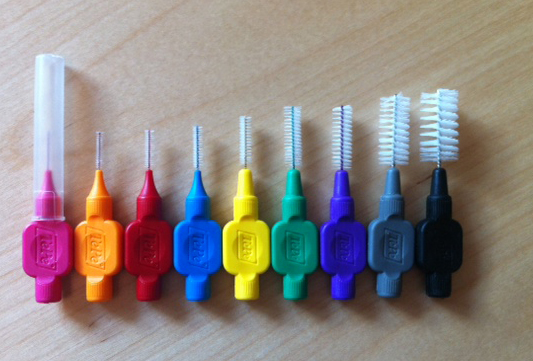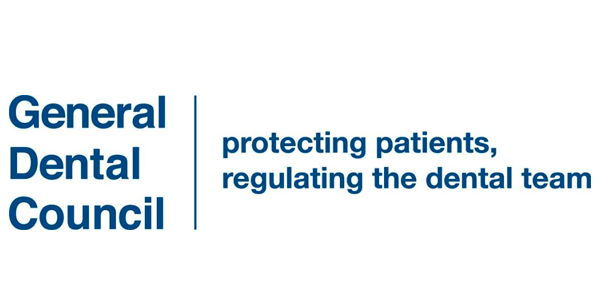It’s official folks, flossing doesn’t do all that much for our teeth and gums, that’s according to a new US investigation into health advice for Americans.
The study, it seems, has sparked the NHS into action, who have reacted by ordering a review into flossing after experts from across the Atlantic admitted there is no actual scientific evidence to suggest that it works.
At present, the NHS tell us that we should floss at least once a day but the review, which is due to start in January, is set to change the way we think about flossing.
The American review, published Stateside this month, said there is no conclusive proof that cavities and gum disease can be reduced or stopped when we floss.
Most dentists recommend that people should floss but now there are calls within the industry to have a re-think about its practice and claim that “inter-dental” brushes, small enough to get between gaps in the teeth, could be the way forward.
So, just how useful is flossing?
For years, flossing has formed an essential part of our dental routine. But just how useful is it?
Well, according to the investigation, carried about the Associated Press, there isn’t enough proof to back up the fact that flossing is good for healthy teeth and gums.
Why is flossing recommended?
Many dentists believe that flossing can help reduce and remove food build up and plaque that builds in between the teeth and can reduce things like gum disease, tooth decay, and gingivitis.
What about the evidence?
The US study says that the perception that flossing can prevent gum disease and tooth decay is outdated and that evidence that is in favour of flossing is both “very low quality” and “unreliable”. It also goes on to say there is a “moderate to large” bias towards flossing by those companies who create it.
Where and when did flossing’s story begin?
In 1908, The American Dental Association began to promote flossing. Levi Spear Parmly, a US dentist, first invented the product in the 1800s and by the end of the 19th Century, many dentists across the country were on board with the idea.
At present, Proctor & Gamble and Johnson & Johnson are two of the world’s largest manufacturers and both insist that it can significantly reduce the amount of plaque a person may have in between their teeth.
Should we floss?
It’s too early to say. Health institutions from across the globe believe more research needs to be carried out but they way it is marketed at present may have to change. It is, after all, affordable and low risk and there is a strong possibility that it works, but exactly how effective it is, remains unclear. To be continued! Having said that, we do need to keep cleaning in between teeth so interdental brushes could be used as an alternative.






